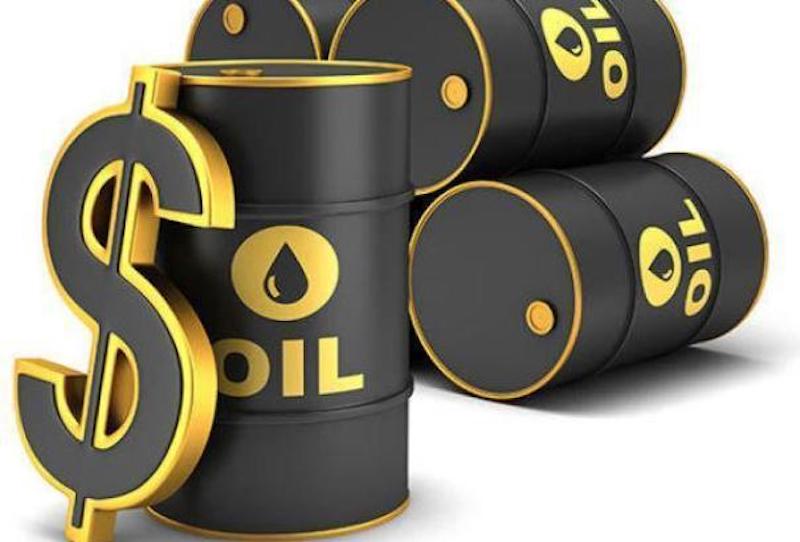Brent and Nigerian oil blends have recovered 11% from their September lows, stabilizing around $77 per barrel as tensions in the Middle East raise concerns over potential supply disruptions.
As of the first week of October, crude oil futures have strengthened, fueled by fears of shortages due to the escalating conflict between Iran, the world’s ninth-largest oil producer, and Israel.
In early September, Brent futures plunged by 11%, dropping to $70.71 per barrel as trading volumes surpassed 7 million units. This sharp decline also pushed Nigeria’s oil blends below $75 per barrel.
However, October has marked a rebound in oil prices, with Brent futures rising above $77 per barrel amid growing concerns over supply disruptions.
Key Points
Crude oil prices are closely monitored through futures contracts like Brent and WTI crude. Futures are agreements between buyers and sellers to set a price for an asset at a future date. In September, Brent and Nigerian oil blends fell below $75 per barrel, with Brent futures hitting a low of $70.71 due to oversupply fears. The market reacted to OPEC’s plans to increase production, contributing to the slump.
By the end of September, rising tensions in the Middle East, particularly between Israel and Iran, shifted market sentiment. Fears of supply shortages increased, leading to a surge in stockpiling, with U.S. crude inventories rising by 3.9 million barrels to 417 million barrels at the end of the month.
This shift led to a recovery in Brent crude, which climbed back to $77 per barrel. Nigerian oil blends also approached $80 per barrel.
Background on the Conflict
In April 2024, Israel carried out an airstrike on the Iranian consulate in Damascus, Syria, killing 13 people. Iran condemned the attack, calling it a violation of its sovereignty.
The situation worsened on October 1, 2024, when Iran launched a retaliatory strike on Israel following Israel’s assassinations of Hamas leader Ismail Haniyeh and Hezbollah leader Hassan Nasrallah. In response, Israeli airstrikes hit Beirut, resulting in casualties.
Analysts believe these growing tensions are contributing to fears of crude oil supply disruptions, pushing U.S. stockpiles up by 3.9 million barrels, according to the U.S. Energy Information Administration (EIA). This rise in stockpiling has helped drive the recent surge in oil prices, with Brent and Nigerian oil blends now targeting $80 per barrel.


